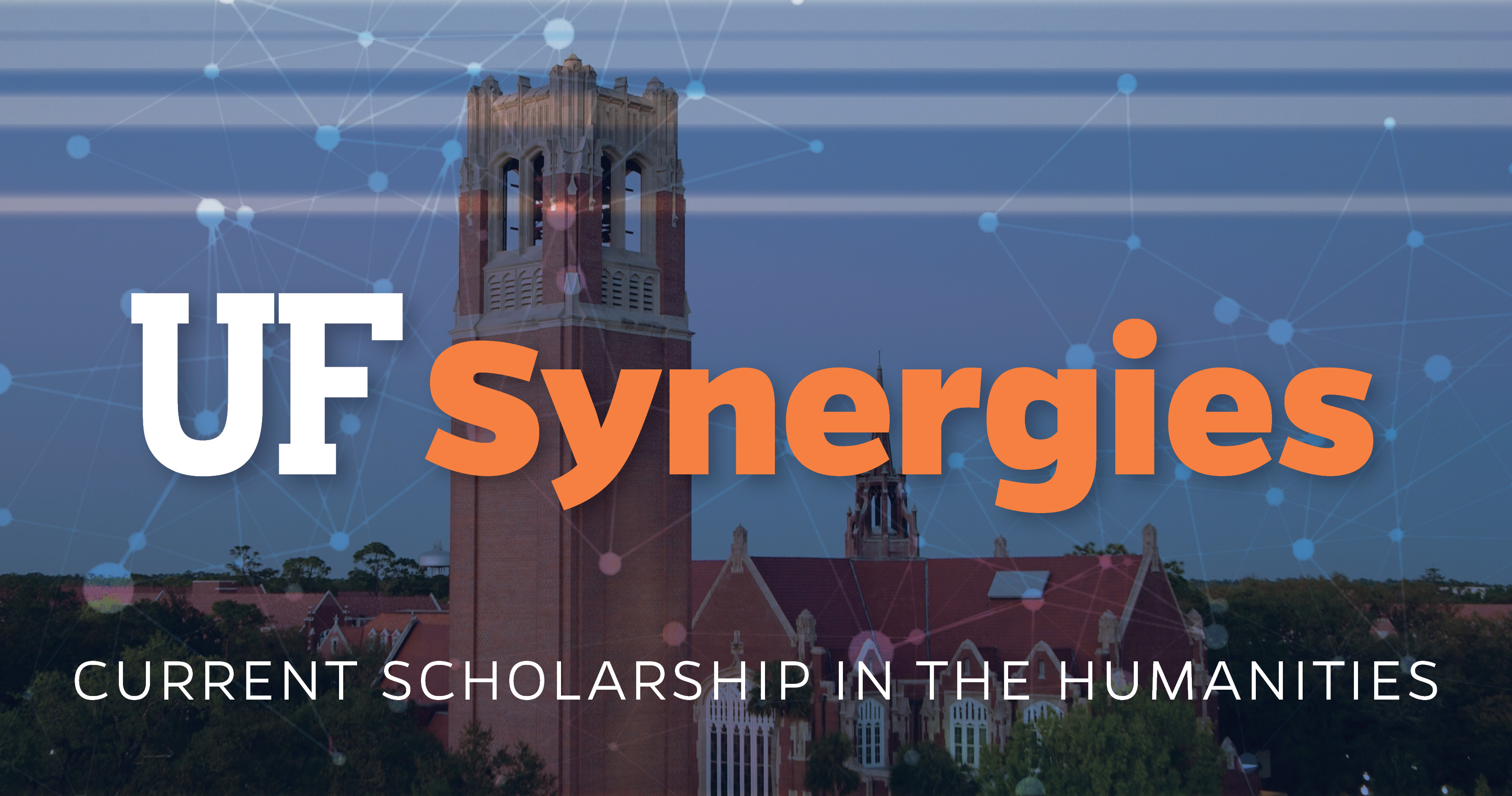
- This event has passed.
UF Synergies: Research on Women in Different Places
November 8, 2021 @ 4:00 pm

Please register for the event through the Zoom link: https://ufl.zoom.us/meeting/register/tJ0lceqsqD0jGdPJfVu5WqEF8OwdkzdU1e3t
Professor Bonnie Ernst (Sociology and Criminology & Law) – “We Were All Feminists”: Punishment, Resistance, and Women’s Rights in the Age of Mass Incarceration”
“We Were All Feminists” challenges and reframes dominant narratives on mass incarceration by exploring the experiences of women and protest movements in the history of mass imprisonment. Drawing on material from Michigan archives, oral histories, and legal documents, this project examines how ideas of gender equality influenced prison activism in the twentieth century. Facing long sentences, overcrowded prisons, and no rehabilitation programming, women used impact litigation, a strategy that civil rights lawyers refined in the 1960s, to argue for gender equality in prison conditions. In 1977, female prisoners filed a class action lawsuit against the Michigan Department of Corrections in yet another attempt to achieve access to the courts, education, vocational training, and humane prison conditions. Glover v. Johnson, 478 F. Supp. 1075 (E.D. Mich. 1979), marked the first time incarcerated women launched a class action lawsuit arguing for gender equality in an American court. Mass incarceration impacted women in extraordinary ways. I explore how female prisoners in Michigan protested and campaigned to reform the carceral state. The prisoners’ rights movement for women was one of the tributaries to the river of resistance to mass incarceration that has shaped American public life.
Laura Colkitt (Ph.D. Candidate Art History) – “In Between Relations: Liliana Porter’s Art”
My dissertation, “In Between Relations: Liliana Porter’s Art,” aims to track a constellation of concerns that inform the contemporary art practice of Liliana Porter (b. 1941). Porter was born in Buenos Aires, studied in Mexico City, and since 1964 has primarily worked in New York. Rather than proposing a linear model of development, I hope to marry formal considerations (photography, display, public art) to broader themes in the artist’s work, including the relation between politics and consumerism; gender and labor; and city and community. I argue that through Porter’s use of divergent mediums, relations coalesce, not only between the objects themselves, but also amongst viewers and within exterior spaces. These relations—the interactions, antagonisms, and juxtapositions—between objects, viewers, and physical spaces— form a lens for understanding the intricacies inherent in Porter’s work. Beyond art history, my project incorporates interdisciplinary scholarship across the humanities, including women’s studies, politics, Latin American studies, and the history of exhibitions.